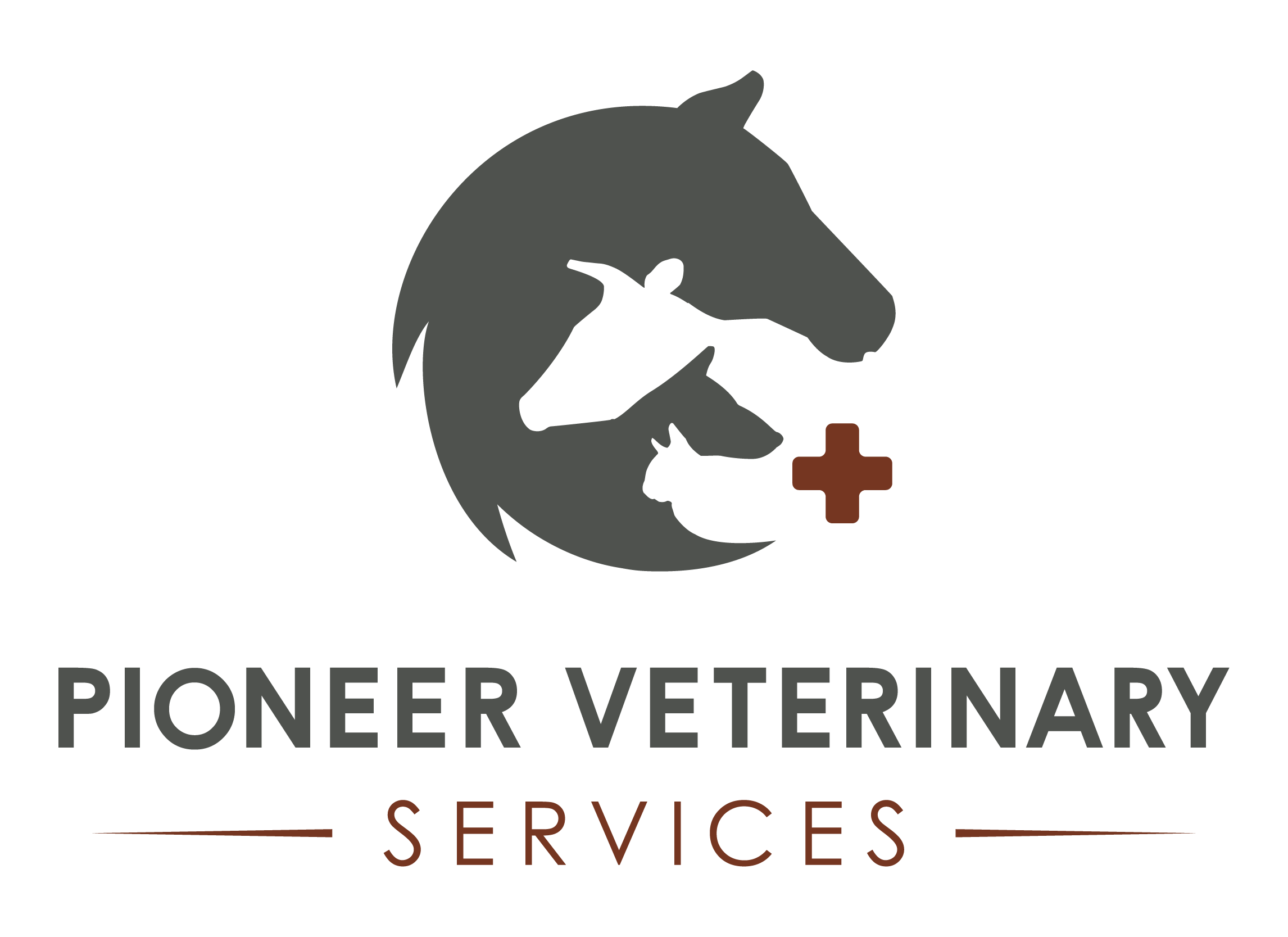Pioneervet
Emergency and After-hours Services
At Pioneer Veterinary Services we realize that emergencies can happen at any hour and on any day. Our practice provides a small and large animal emergency call service 24 hours a day, 7 days a week to ensure that you have access to veterinary care whenever you need it.

Should you have an after-hours emergency, please call for assistance.
(This number will take you to our main clinic line which will then forward you to the veterinarian on call)

We will do our best to tend to your animal promptly, but on the off chance that the on-call veterinarian is currently with another emergency, please leave a clear message with a contact number to get a hold of you, and the veterinarian will get back to you as soon as possible.
Please be aware that our after-hours service is provided on an as-needed basis. This means that the veterinary staff you see during the day are also the ones making themselves available throughout the night for your animal’s well-being. Our dedicated staff is happy to provide this service, but we kindly ask that you respect our time by reserving the line after hours for emergencies only. We will be very eager to assist you with non-emergent matters during our scheduled business hours.
What are the signs that an emergency visit is required??
Sometimes it is tough to know whether an emergency visit is necessary. We have put together a list of common signs and circumstances that may demand immediate veterinary care.
(If your animal has experienced any of the following, please call us immediately )
- Bleeding that won’t stop with compression
- Bleeding from the eyes, ears, nose, or mouth
- Vomiting/diarrhea for more than 24 hours
- Blood in vomit, urine or stool
- Difficulty or inability to urinate
- Traumatic injury such as being hit by car or attacked
- Pressing head against the wall
- Ingestion of a known toxin including, but not limited to, marijuana, chocolate, grapes, antifreeze or mouse poison. See our Resources page for a link to poison control for further information
- Difficulty breathing, including open mouth breathing in a cat
- Seizure or collapse
- No eating or drinking for 24 hours
- Bloated abdomen/stomach that is hard to the touch
- Inability to stand or walk
- Eye injuries including excessive squinting, rubbing, or discharge
- Difficulties with, or prolonged, labour
